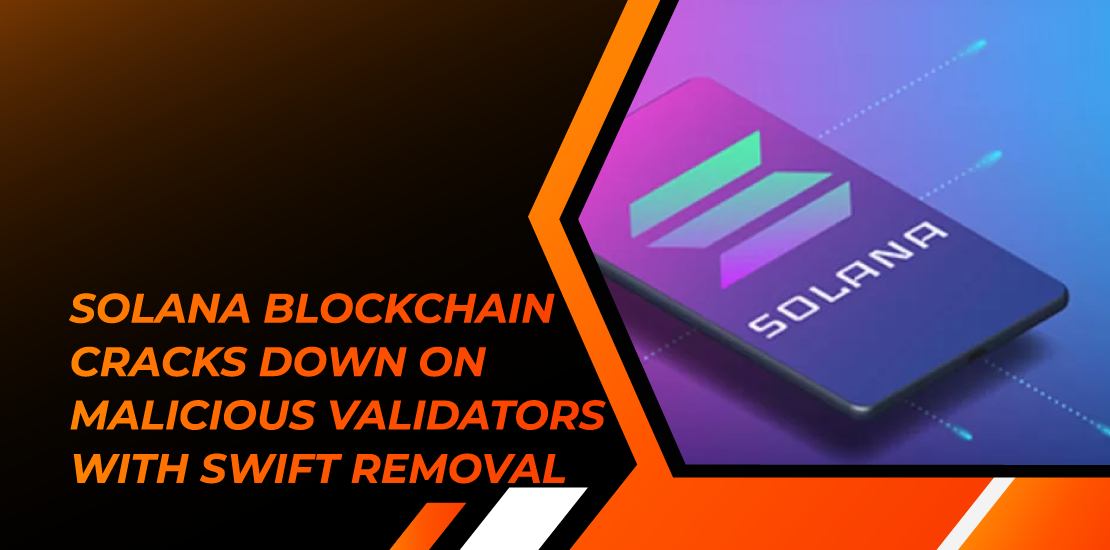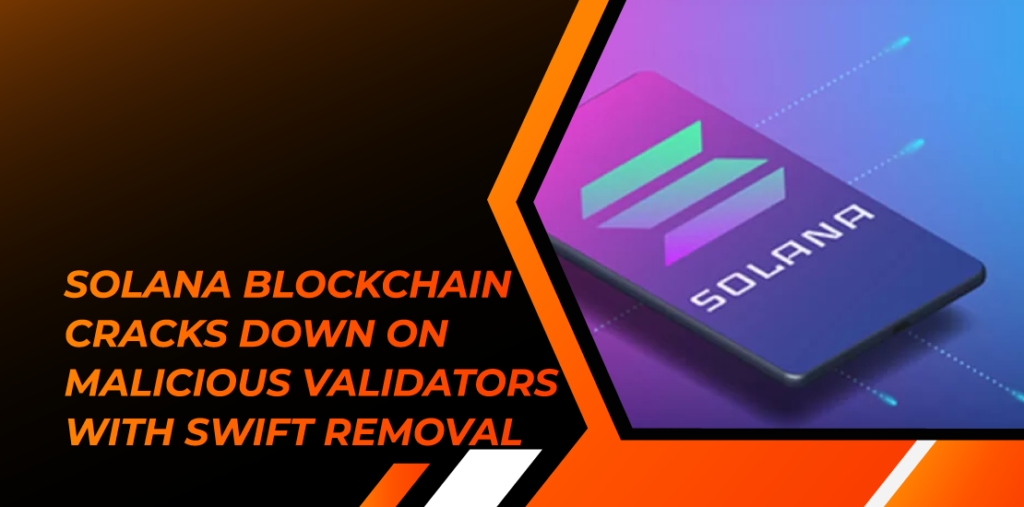- June 11, 2024
- Posted by: [email protected]
- Category:


The Solana Foundation has taken decisive measures against validator operators involved in sandwich attacks on traders, a deceitful practice that undermines the trust and efficiency of decentralized networks. This robust action aligns with the Foundation’s stringent rules against malicious activities and its unwavering commitment to maintaining the integrity of the Solana ecosystem. Ensuring the protection of retail investors from exploitation remains a fundamental priority for the Foundation.
Sandwich attacks manipulate the sequencing of transactions on blockchain networks like Ethereum and Solana. In this exploit, a malicious actor places an order just before and another immediately after a pending transaction. This sequence allows the attacker to manipulate the asset’s price to profit from the resulting price difference. The unethical nature of this tactic ensures that retail investors receive the worst possible price while the attacker secures all the profits, thereby exploiting the system and undermining market fairness.
Validators identified for participating in mempools that facilitate sandwich attacks have been promptly removed from the Solana Foundation’s delegation program. Tim Garcia, Solana’s validator relations lead, announced these removals on Discord, underscoring the Foundation’s zero-tolerance policy towards such malicious activities. Garcia emphasized that decisions in these matters are final and that enforcement actions will continue against any operators found to be involved in sandwich attacks. “Anyone found engaging in such activity will be rejected from the program, and any stake from the Foundation will be immediately and permanently removed,” Garcia stated, illustrating the firm stance the Foundation is taking against unethical practices.
The Solana Foundation Delegation Program is designed to support validators by assigning them SOL tokens, thereby alleviating the financial burden of holding a significant token reserve. Validators are selected based on their performance to create blocks and verify transactions. However, being part of this program requires adherence to specific criteria and maintaining high standards of good practice. Violating these standards, especially through harmful practices like sandwich attacks, results in immediate expulsion from the program.
Mert Mumtaz, co-founder of Solana RPC provider Helius, highlighted the severe implications of operators exploiting retail users for personal gain. Mumtaz revealed that some validators had modified their setups to enable sandwiching on Solana, manipulating transaction ordering to maximize their profits at the expense of users. This manipulation causes higher costs and slippage for retail traders, further eroding trust in the network.
A recent governance proposal, which passed with 77% approval, mandates that Solana validators will now receive 100% of priority fees from transactions on the network. This change aims to incentivize validators to prioritize network security and operation, address concerns, and enhance transparency. However, some stakeholders have raised concerns about the potential impact on the network’s inflation rate. They note that the absence of priority fees in May 2023 suggests a potential annual inflation rate of approximately 9.9%.
There are broader implications for the cryptocurrency market, with discussions about the introduction of new financial products and regulatory frameworks. Crypto investor Brian Kelly has suggested that Solana could be the next cryptocurrency to have a spot ETF in the US. However, skepticism remains, with experts like Nate Geraci suggesting that a Solana ETF might not materialize until Congress establishes a clear regulatory framework for cryptocurrencies beyond Bitcoin and Ethereum or until a Solana futures product is listed on a major exchange.
The Solana Foundation’s actions and the ongoing discussions highlight the dynamic and evolving nature of the cryptocurrency ecosystem. Ensuring ethical practices, protecting investors, and maintaining network integrity are critical as the industry continues to grow and mature.



